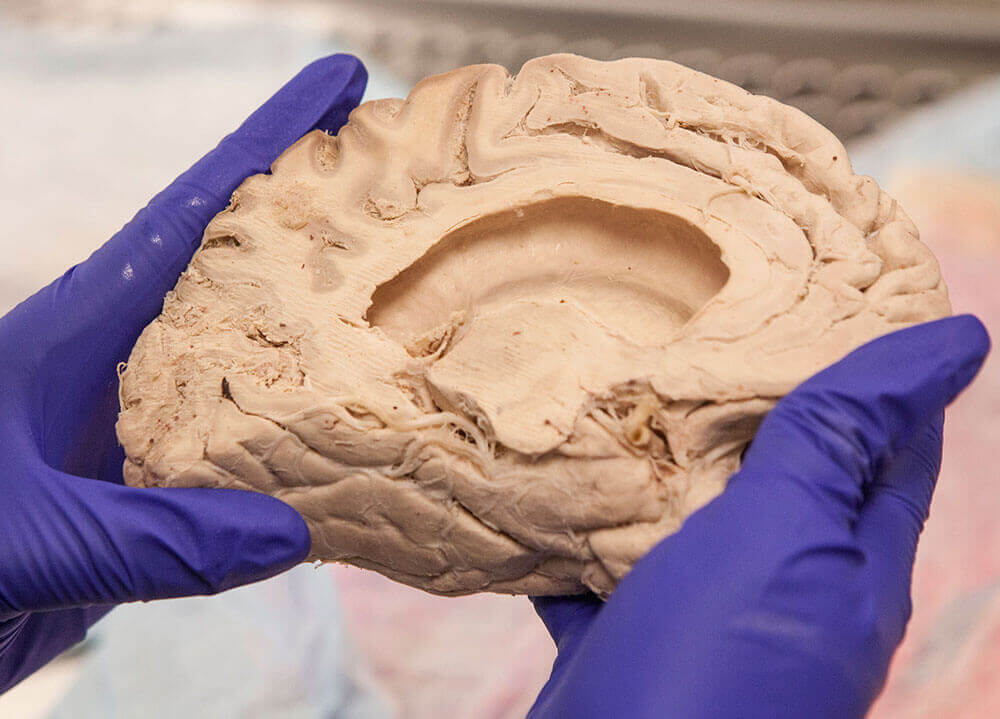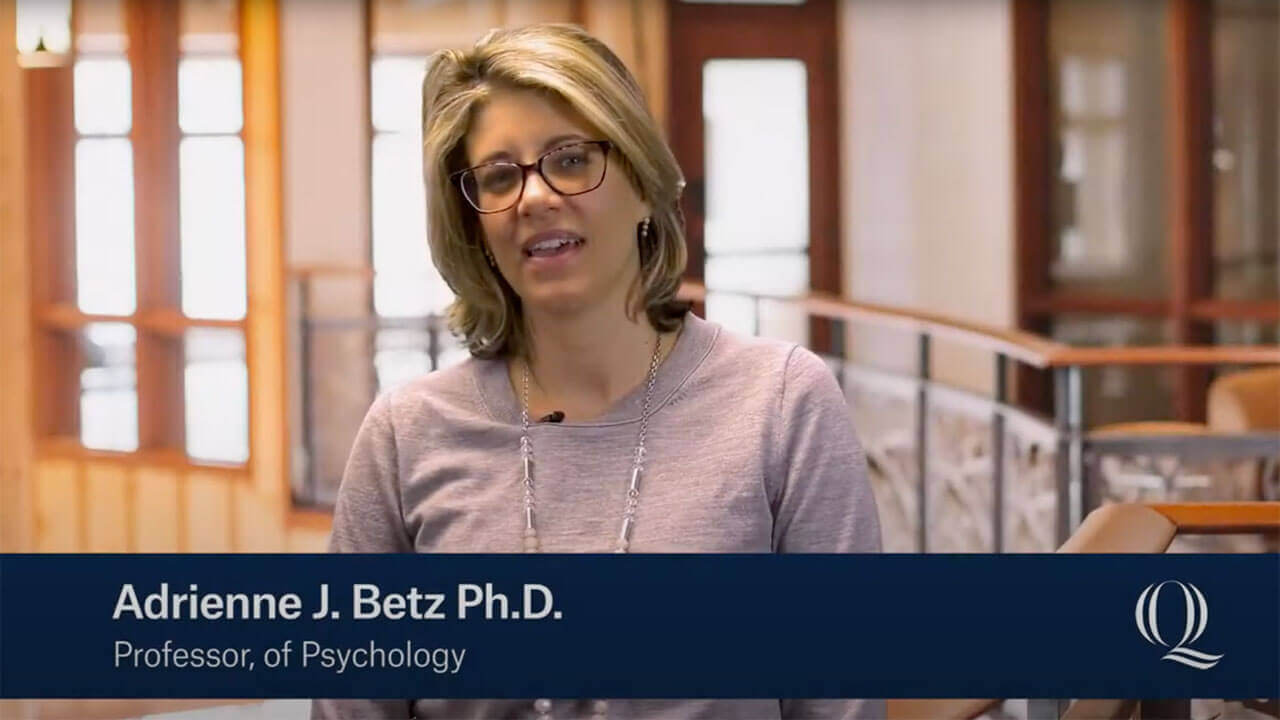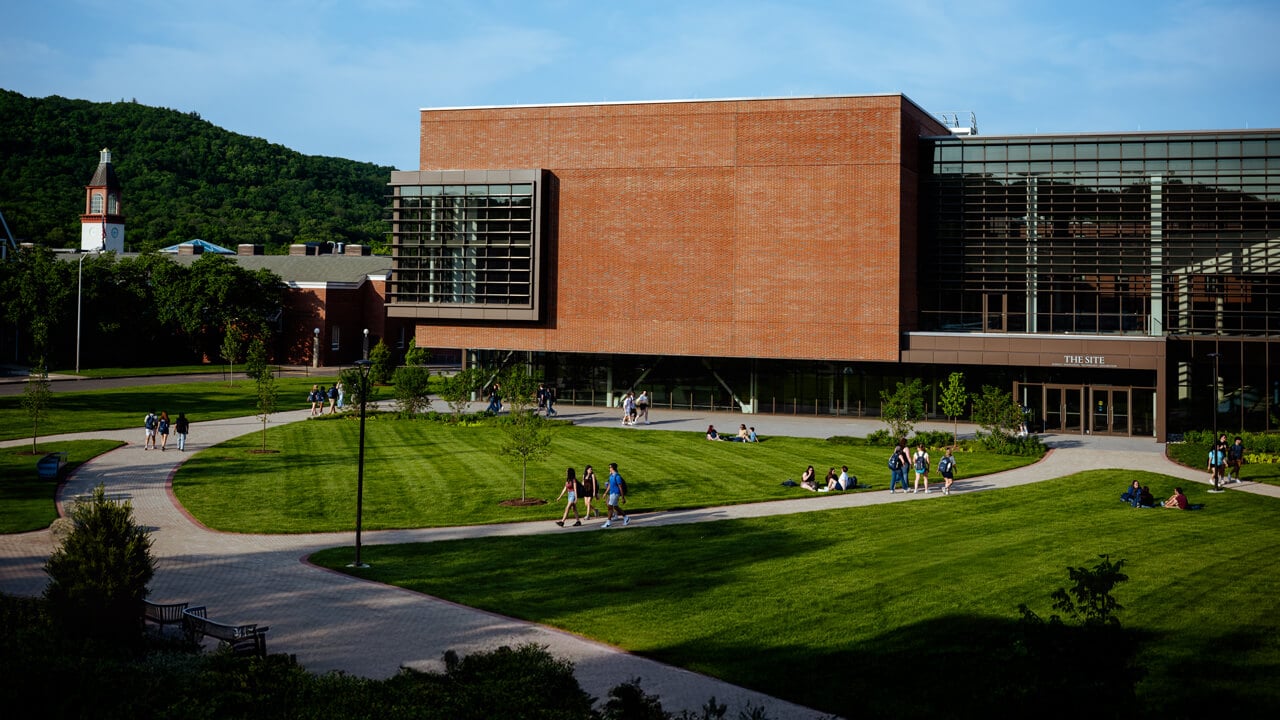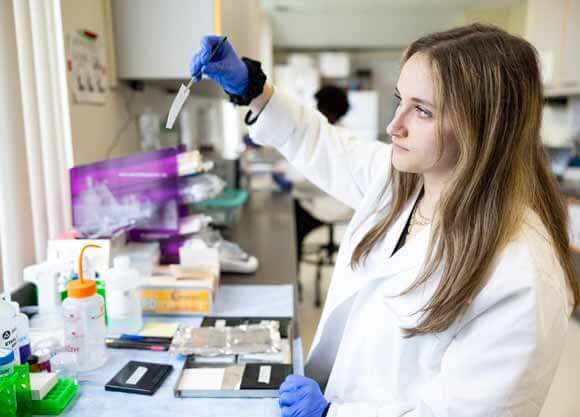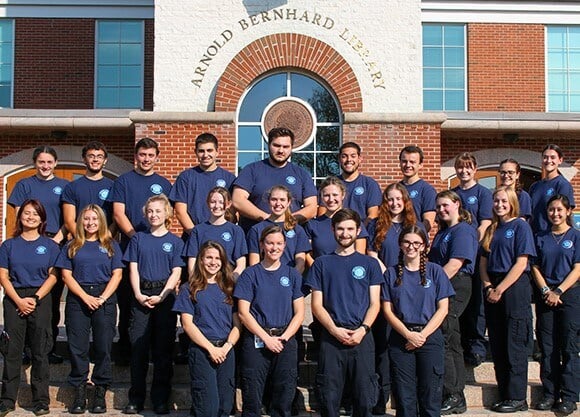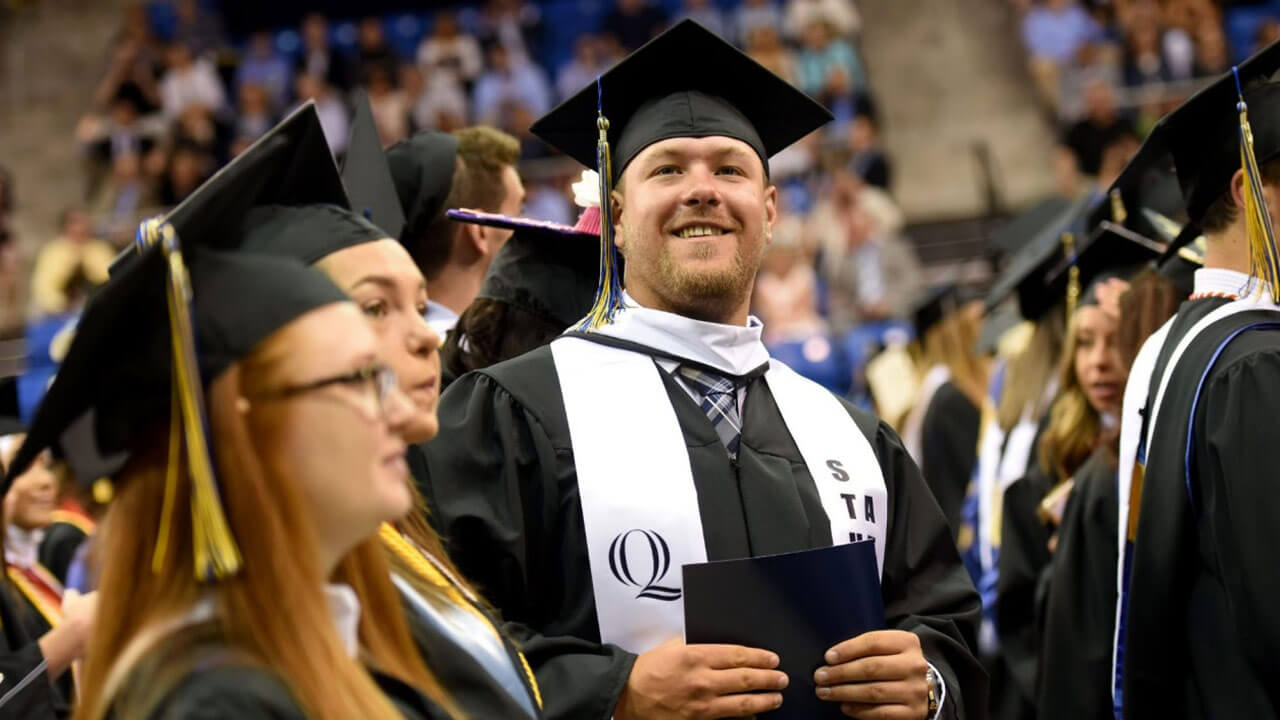Your brain contributes to everything you do – from reading these words to planning your future. The goal of the behavioral neuroscience major is to help you understand the remarkable interplay between your brain, experiences and behavior. Together, we explore neurons and how they communicate. We study feelings, thinking and how we learn. We even investigate abnormal brain function. If you are curious about psychology and biology, behavioral neuroscience is the perfect fit.
Connecting psychology, neuroscience and biology
Behavioral neuroscience is a fascinating discipline that explores the connection between the brain, experience and behavior. Together, we study learning, memory, cognition, motivation and emotion. We also study abnormal brain systems and behaviors, as in Alzheimer’s, autism spectrum disorders, substance abuse, anxiety, depression and more.
As a behavioral neuroscience major, you’ll choose from two tracks. The natural science track is ideal for students interested in the natural sciences of biology, chemistry and physics coupled with a deep exploration of psychology. The psychological science track also builds a foundation in biology and chemistry but explores more topics in psychology and behavior.
Our program encourages hands-on experiences. Students publish research with our expert faculty, are awarded prestigious summer research fellowships across the country and participate in national conferences. Quinnipiac also hosts the Northeast Under/graduate Research Organization for Neuroscience’s annual research conference, which attracts notable researchers and students from all over New England.
Our graduates pursue a variety of careers, including medicine, dentistry, psychiatry, psychiatric nursing, neuropsychology, counseling, research, STEM education, consulting, law and entrepreneurship. Whether they pursue an advanced degree or move directly into the workforce, our graduates have strong skills in communication, statistics, data analysis and critical thinking.

